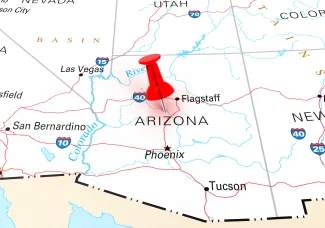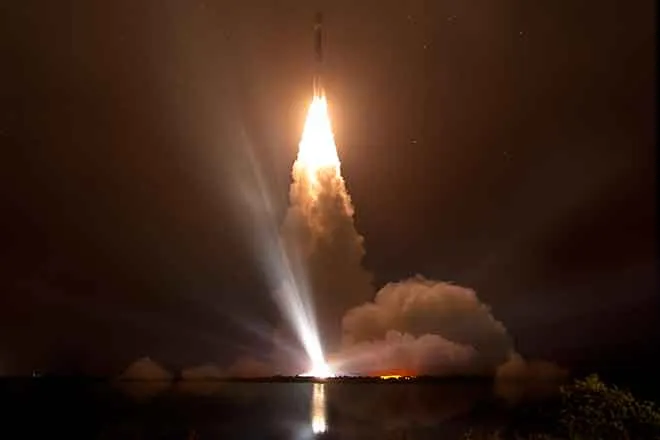
New program to help tribal governments develop digital sovereignty
Click play to listen to this article.
(Arizona News Connection) Historic inequities have left many tribal nations behind the rest of the country but a new Arizona State University program is designed to launch them into the digital future.
The university's Center for Tribal Digital Sovereignty is designed to help Native Americans plan and develop their digital footprint. The project is a joint effort between the American Indian Policy Institute and the school's Sandra Day O'Connor College of Law.

Tracy Morris, executive director of the institute, said it is all about providing full access to the digital universe.
"Tribal digital sovereignty is the exercise of self-determination of all digital aspects in a tribe, that the tribe itself controls," Morris outlined. "That could be the infrastructure, it could be the data, it could be the physical networks, it could be their cloud or whatever."
Morris argued developing a platform for digital information is critical to tribal autonomy. The program will support tribes in Arizona and across the U.S. in achieving equal access to the governance, social and economic advantages of broadband and other technologies.
Morris pointed out digital sovereignty encompasses all aspects of a tribal nation's digital plan and footprint, such as tribal codes, managing data protection, digital equity, network infrastructure, development of funding sources and capacity building.
"The point is for tribes to be able to implement the best thing that they can and exercise their digital sovereignty so that they can serve their members," Morris explained. "For the end user, they should be able to have the same access as, theoretically, you or I have in a city."
Morris added broadband and other communications technologies are a necessary 21st-century platform for tribal independence. She believes establishment of the Center is a significant turning point for Native Americans.
"If you look at Indian law and Indian history, it's usually something imposed on us in the past or it's taken away from us," Morris observed. "We have a level playing field here. We're all competing. We're all competing. We're all the same resources, the same capacity, the same people to do the work. And it's exciting."
















